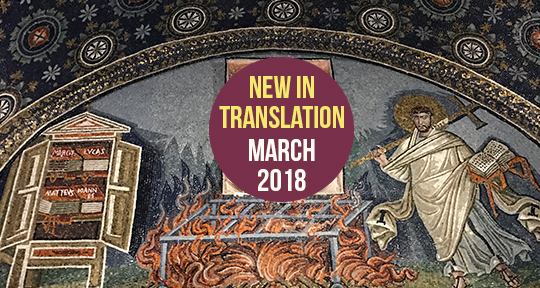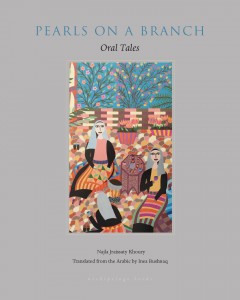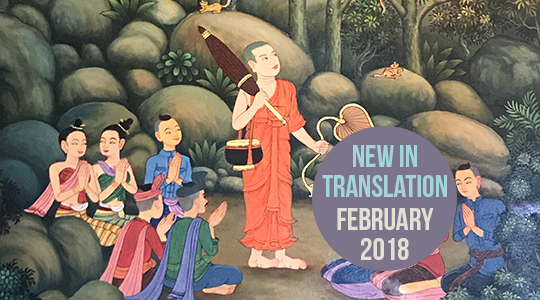Today we bring you a reflection on the life of Brazilian writer Victor Heringer. Victor’s elegant and thought-provoking non-fiction piece “Notes for a General Theory of the Arriviste” was featured in the Summer 2017 issue of Asymptote where we have been long-time admirers of his work. Victor, who would be thirty this week, passed away on March 7, 2018. Today we celebrate his literary work.
Victor Heringer was a multi-genre, multi-faceted artist. It’s not enough to remember him as “Victor, the poet” or “Victor, the writer.” Victor drew and made films and sound installations. He wrote poetry, nonfiction, novels. It was as though the borders between genres were not so fixed or important. Indeed, borders, designed to be crossed and, whenever possible, abolished, were recurrent themes in his oeuvre.
“Being Brazilian, and especially being from Rio de Janeiro, was something I had to learn how to do,” said the writer, born in Rio in 1988, in an interview. “I spent my childhood moving between cities and countries, mostly Argentina and Chile. For a few years, I was sure I would stay in Santiago forever and become a Chilean citizen. When I came back to Brazil as a teenager, it took me a long time to lose the accent. I felt Chilean. In Chile, I’d felt Argentinian; in England, Brazilian; in Peru, where I am now, I’m starting to feel that I am nothing at all, maybe just a stateless person with documents and a few languages mixed up in my head.”








